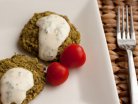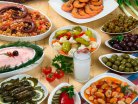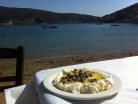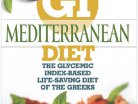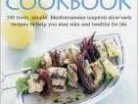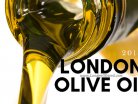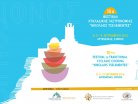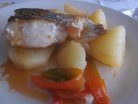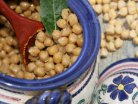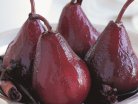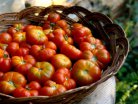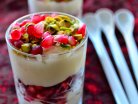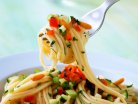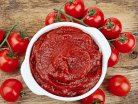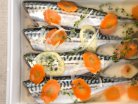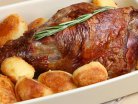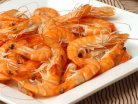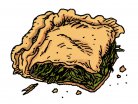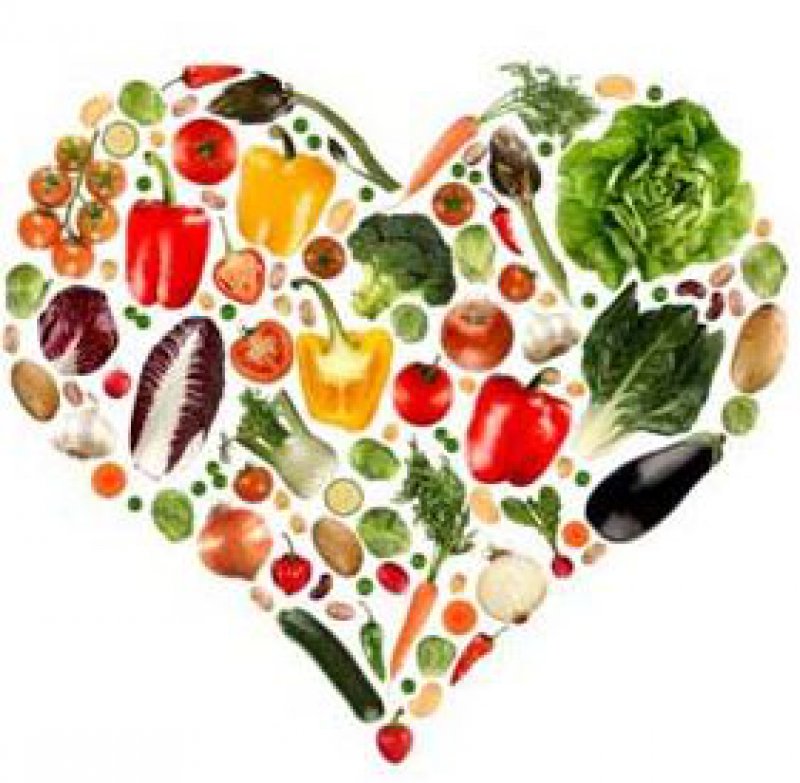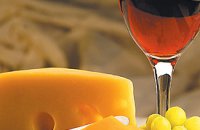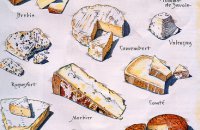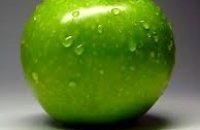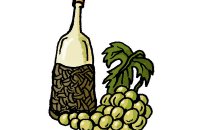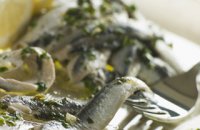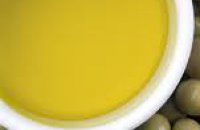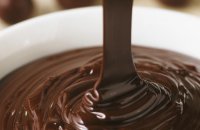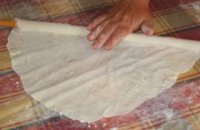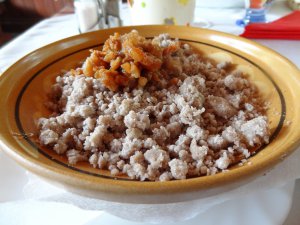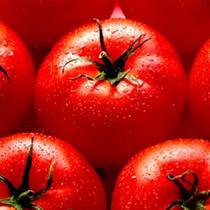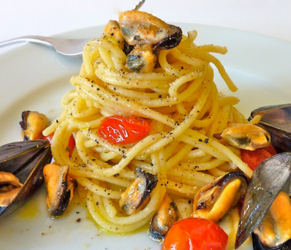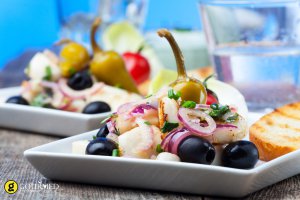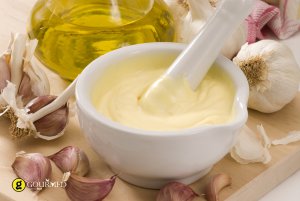The Gourmed team has collected the most common queries and has made its best effort to answer them on the basis of both scientific information and common sense. Below, you will find answers that will assist you in making most of your Mediterranean Diet food-related decisions.
1. Cheese or eggs? Both are sources of protein and are considered to be substitutes for meat. Eggs also contain iron, which is not the case with cheese. On the other hand, however, eggs are higher in cholesterol. In fact, one egg contains a whopping 213 mg of cholesterol whereas 30g of cheese contains only 25 mg of cholesterol. Make your decision based on your dietary restraints.
2. Sugar or honey? Honey and sugar are both carbohydrates, or more particularly, both disaccharides (glucose and fructose). Honey, however, is a natural product which has not undergone processing and refining to the extent that sugar has. As a natural product, it contains vitamins and minerals present in the honeycomb. As a carbohydrate, sugar provides energy (in the form of calories) for the body, but contains no other nutrients. Choose honey.
3. Virgin or refined olive oil? Like honey, virgin olive oil has not been subjected to any processing, a fact which means its raw material is of superior quality. Refined olive oil has undergone processing in order to improve it in terms of aroma, color and taste. Choose virgin. But remember, refined olive oil will last longer than the virgin variety, as processing removes free fatty acids, the substance responsible for turning oil rancid. Even so, virgin olive oil is so satisfying that you will most likely consume it long before its expiration date.
4. Boiled or raw vegetables? Raw salad contains more water-soluble vitamins and minerals than boiled salads, as boiled vegetables lose many of their nutrients once cooked in water. Raw vegetables also contain indigestible fiber, a substance which will create the feeling of fullness earlier on and enhance the functioning of the small intestine. In fact, such fibers will bind with part of the cholesterol present in food and remove it from the body, as well as delay the body’s absorption of carbohydrates. Definitely go for the raw salad.
5. Butter or margarine? Whereas butter involves saturated fats, margarine entails trans-fatty acids. While it is widely known that the consumption of saturated fats in large quantities will cause harm to the cardiovascular system, the effects of trans-fatty acids are not as notorious. Even so, recent research has shown that trans-fatty acids raise levels of "bad" cholesterol while lowering the amount of "good" cholesterol, meaning that they are equally, if not more, harmful to the cardiovascular system than saturated fats. Choose butter.
6. Yoghurt with or without the cream? If you can find traditional yoghurt with cream (which has set only with the use of rennet), buy it – it’s a pure, natural, and delicious product. Yoghurt with commercially produced cream, however, is yet another product of industrial processing. Other than this difference, there is no significant nutritional difference between cow’s milk yoghurt with cream and the same product without it. Cream forms when milk has not been homogenized, meaning that the fat is concentrated on the surface, and has not diffused through the milk. So, if you are counting calories, go for the one without the surface layer of cream.
7. Full cream or skimmed milk? In retaining its fat, full cream milk retains its natural fat-soluble vitamins (A,D,E,K). Unless you are trying to significantly reduce your fat intake, choose full cream milk. And then just avoid other sources of fat (butter, margarine, fat on meat), rather than sacrifice the valuable vitamins that come with a glass of full-fat milk.
8. Whole fruit or fruit juice? Go for whole fruit as it contains fiber and will provide the feeling of fullness that fruit juice cannot provide. Furthermore, the vitamins within fruit juice have been oxidized, thus rendering them less effective.
9. Yellow cheese or feta? While yellow cheeses (gruyere, kefalotiri, kasseri, etc.) contain more fat and less water than feta cheese, they have a significantly higher calcium content. In fact, 100 gr of gruyere contains 1,011 mg of calcium, whereas 100 gr of feta contains just 493 mg of calcium. On the other hand, apart from being a crucial source protein and good fats, feta also contains carbohydrate, a substance that is removed in the processing of yellow cheeses. Enjoy both types in moderation; neither is a poor decision.
10. White or brown sugar? In terms of calories, each kind of sugar is basically the same. One teaspoon of either variety contains 20 calories. The difference between them is that white sugar has undergone an extra stage of processing, known as bleaching, and is therefore far less natural. As brown sugar contains traces of molasses, it contains the nutrients from its raw ingredient – sugar cane. Go for brown sugar.
11. Finely chopped or roughly chopped vegetables? As a general rule, the larger, the better. In finely chopping vegetables, you inadvertently oxidize their vitamins, rending such vitamins less effective. Moreover, in chopping the vegetables, you break up the fiber content and reduce its beneficial effects. In other words, if you want to get the maximum benefits from the vegetable’s vitamins and fiber, chop them as little as possible.
12. Mustard or mayonnaise? Mustard contains far fewer calories than mayonnaise: a teaspoon of mustard contains 5 calories, whereas the same amount of mayonnaise contains 35 calories! Due to its egg content, mayonnaise is also very high in cholesterol. Mustard, on the other hand, contains no fat, as it is simply produced from pulped mustard seeds. Therefore, the condiment will cause no harm to the cardiovascular system. Mustard is the obvious choice.
13. White or red meat? Red meat, like veal or pork for example, contains far more saturated fats and cholesterol than white meat, like poultry or fish. Nevertheless, red meat serves as a crucial source of iron for the body. Dietitians recommend that we limit our red meat consumption to one portion a week, whereas white meat should be eaten three to four times a week. So, yes, generally go for the white meat. But do not substitute that one meal of red meat for white.
14. Tuna in oil or in water? Tuna is not preserved in water, as is commonly believed, but in brine – that is, salt water. Brine, like oil, helps to preserve the tuna. Making a choice between the two types of packaged tuna depends entirely on whether or not you have hypertension (high blood pressure). In such cases, the ingestion of extra salt should be avoided, so it is better to choose tuna in oil. Nevertheless, tuna in oil will be higher in calories. If you are looking to limit calorie intake, and do not have blood pressure problems, go for tuna in brine. 100g of tuna in brine contains 144 calories, as opposed to 198 calories for the same amount of tuna packed in oil.
15. Lemon or vinegar on your salad? Lemon will provide your body with much-needed vitamin C, a vitamin that protects against infection and is essential for the body’s absorption of iron. As it is an anti-oxidant, it will delay the oxidization of other ingredients within your salad, keeping them as beneficial as possible. Vinegar, by contrast, has no health benefits. It simply adds flavor to food and salads. Choose lemon.
16. Fried or boiled potatoes? The reason why experts do not recommend eating fried potatoes (French fries) is that the oil used in frying is high in calories. As for ready-cooked French fries, there is always the question of oil quality. If the oil is of poor quality, or has been used for frying more than three times, it will produce by-products of oxidization, which may be carcinogenic. In boiling potatoes, you use water rather than oil and therefore reduce your calorie intake considerably. The only disadvantage to boiled potatoes is that, since boiling expands the starch, they are not as easily digested as those that are fried.
17. White or brown bread? Brown bread is whole-grain bread, meaning that the husk, or outer layer of the grain, was not removed during processing. Therefore, brown bread contains roughage, which is vital for the proper functioning of the digestive system. Whole-grain bread contains more vitamins and minerals than white bread, as these are present in the husk. The same applies for brown rice, whole-grain cereals, and whole-grain pastas; in retaining the husk, the product remains rich in vitamins and minerals.
18. Tomato paste, tinned tomatoes or tomato juice? Unpeeled tomatoes are more nutritious because they retain their fiber content. In other words, tinned tomatoes are preferable to both tomato paste and tomato juice. Furthermore, both paste and juice contain much higher quantities of sugar and salt than tinned tomatoes.
19. Olive oil or seed oil? Because it is rich in the mono-saturated fatty acids that will act beneficially on the cardiovascular system, olive oil is more beneficial. It is also a considerable source of vitamin E, an anti-oxidant that fights both aging and cancer. Seed oils are always refined, that is, they have undergone processing in terms of aroma, color and taste.
20. Soda water or sparkling mineral water? Soda water is just water with the addition of sodium carbonate, the fancy name for baking soda. Carbonated mineral water naturally contains sodium carbonate, as well as many other minerals (calcium, magnesium, potassium, for example). As a minor source of trace elements and minerals, sparkling mineral water is far richer in elements vital to the body.
How to Make Healthy Food Decisions
Butter or margarine? Sugar or honey? The multitude of products that crowd supermarket shelves, as well as the plethora of food preparation possibilities, often create complex dilemmas especially if you would like to follow the Mediterranean Diet model. Below, you will find some helpful answers...
Category:
Related Articles
Most Popular recipes

